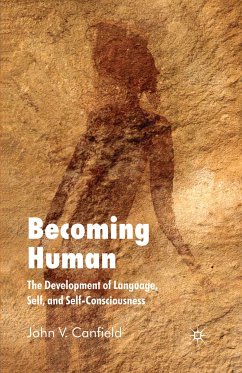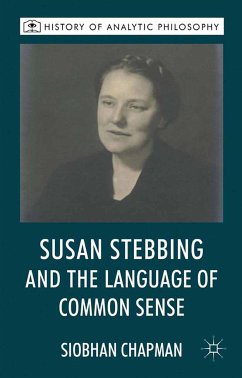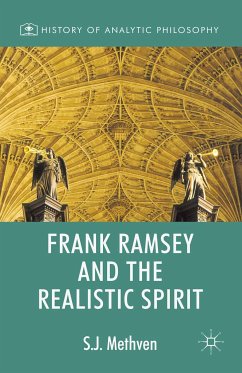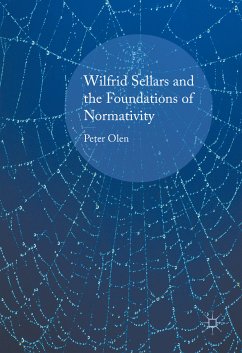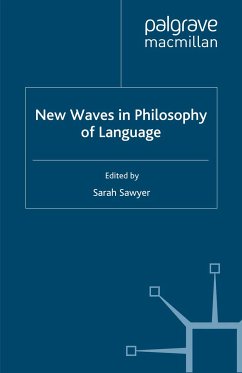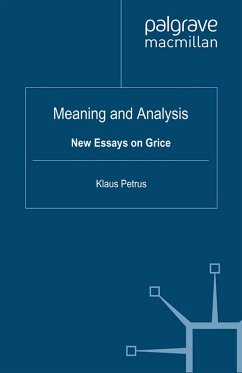Dieser Download kann aus rechtlichen Gründen nur mit Rechnungsadresse in A, B, BG, CY, CZ, D, DK, EW, E, FIN, F, GR, HR, H, IRL, I, LT, L, LR, M, NL, PL, P, R, S, SLO, SK ausgeliefert werden.
'This is a brilliant book! It presents a highly plausible view of the nature and origin of language, consciousness and self-consciousness and goes on, in what is the heart of the book, to give a novel and compelling treatment of the self or ego - the I. Finally, in a stimulating and controversial way Canfield connects these notions to Buddhist ideas about the illusion of the self. The implications of his analysis are enormous.' - Professor Robert Arrington, Department of Philosophy, Georgia State University, USA
'The critique of the concept of self in our understanding of our humanity is a formidable topic, which is here handled with boldness and subtlety. The result is nothing less than a radical and compelling revision of that understanding.' - Dr Danièle Moyal-Sharrock, Department of Philosophy, Birkbeck, University of London, UK
'In this book, John Canfield tacklesone of our long standing cultural myths, the duality of subject and object, the self and the other. The idea of speech as a cluster of practices and customs allows him to offer a more convincing account of the origins of language than any of the current orthodoxies. The core of his argument is an exploration of the consequences for our idea of what it is we are that come from deep misunderstandings of the grammar of the first person, the frame of our personal narratives. From that basis Canfield moves boldly from this Wittgensteinian perspective to a thrilling transcendence of the grip of language towards a Zen like perspective on what it is to be human.' - Professor Horace Romano Harré, Oxford University, UK, and Georgetown University, USA

